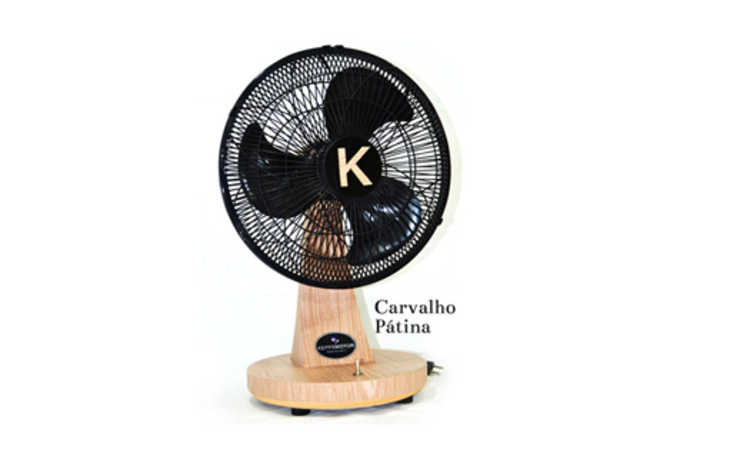Neem oil: what is it for and how to use it
With many anti-inflammatory and antifungal properties, neem oil is indicated for acne and as a natural repellent

Neem (or neem) is a large tree, native to India and very resistant to drought. It is known for its medicinal and therapeutic properties, found mainly in its seeds, leaves and bark. It is widely used in the pharmaceutical industry for the manufacture of hygiene and cleaning products; and in agriculture, for the production of fertilizers and pest control. Neem oil is the most famous of the tree's by-products and has many benefits.
The neem fruit is a seed that, when its shell is removed, presents an almond. The set of these almonds goes through processes of cleaning and removing the shell, and then crushed and cold pressed - from there, neem oil is obtained (also called neem oil by some).
The cake resulting from pressing the seed is incorporated into soils in order to control different types of fungi (it can also be used as a vermifuge in animal feed). The oil obtained is rich in fatty acids. Being primarily composed of oleic, linoleic, palmitic, stearic and arachidonic acid, neem oil has many properties.
How to use neem oil
Only recently have the benefits of neem oil been discovered. It is well known as an organic insecticide and can be applied to plants to combat pests and pathogenic fungi.
It is an oil that has antifungal, antibacterial, antiviral, antiseptic and anti-inflammatory action. That's why it serves as an ingredient in the pharmaceutical and cleaning products industries.
Neem oil can be used directly on the body and hair as well as on crops and animals - this is because it is not a toxic product. Due to its antifungal and antibacterial properties, this oil serves to combat more than 200 species of insects, pests, cockroaches, silverfish, fleas and lice.
When applied to pets, it keeps fleas, ticks and scabs away, in addition to providing shine to the pet's fur. Just add a little neem oil to your pet's shampoo and soap and bathe it normally (see here on how to give your pet a sustainable bath).
On plantations, the effects are also effective. A spray of neem oil mixed with water or citronella hydrolate can be sprayed on the plants, helping to combat pests and insects that can harm plants. The same mixture can be applied to the body to relieve itchiness and redness caused by insect bites - it can also be used as a repellent.
But its applications don't stop there! Because it has many fatty acids and anti-inflammatory and antibacterial properties, neem oil is effective in treating skin conditions such as eczema, psoriasis, chickenpox, rashes and wounds. It helps to reduce inflammation and speeds up healing of damaged skin. It can be applied directly to the skin or mixed with an ointment or cream (it can enhance the effects).
What is neem oil for
In addition to the uses already mentioned, neem oil also serves as a great treatment for feet and nails, especially in the case of chilblains. The oil eliminates 14 types of skin fungus, ending mycosis on the nails, not to mention its excellent moisturizing power, repairing cracks caused by dryness.
In addition to protecting the skin from bacteria and infections, neem oil is a moisturizer. The presence of vitamin E in its composition makes it an antioxidant that works to combat free radicals and elasticity, rejuvenating the skin and smoothing wrinkles and expression lines. Returns the natural shine, leaving a youthful and healthy appearance.
One of its best applications is to fight acne. Its properties eliminate bacteria that cause blackheads and pimples, eliminating them and preventing new ones from arising. So if you suffer from acne, neem oil is a great option! Make a mask out of green clay, then moisturize your skin with neem - in addition to reducing the marks and scars caused by pimples, they will also be treated and soothed.
When diluted and massaged into the scalp, like aloe, the oil reduces the intensity of dandruff and seborrhea, delays hair loss and hydrates the threads. Neem oil can be applied neat or diluted with other vegetable oils (or even olive oil).
Other curious ways to use neem oil:
- It can be used in dental treatment and care as it has antiseptic properties. When diluted in water and used as a mouthwash, it reduces the frequency of dental infections and gum and mouth problems.
- Improves appearance of rusty objects;
- Cleaning rugs and carpets with neem oil-based mixtures eliminates and prevents the appearance of mites, which can cause allergies in sensitive people;
- It is a common ingredient in the manufacture of handmade soaps and soaps.
Neem oil is biodegradable and is not bioaccumulative, being harmless to the environment and warm-blooded animals. Neem is easy to handle and apply. Remember to use pure, 100% natural oil, free from harmful chemicals.
You can find pure neem oil and other natural products at the eCycle Store.










